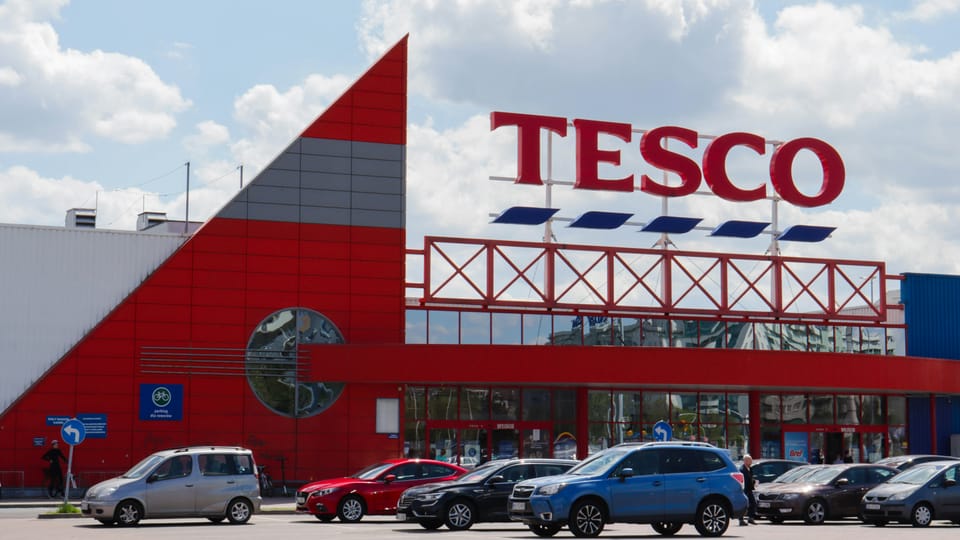UK supermarkets urged to accelerate climate transition
"We are just not seeing the pace of progress we so urgently need for both people and planet."

The top 10 UK supermarkets are being urged to accelerate their progress towards climate goals after analysis showed that they made 600 climate commitments in 10 years, yet showed little evidence of sufficient progress.
The UK’s top 10 supermarket brands – including Aldi, Asda, Co-op, Iceland, Lidl, Morrisons, M&S, Sainsbury’s, Tesco and Waitrose – collectively made a climate commitment every six days between 2014 and 2024, either around emissions, land use and deforestation, and sustainable and healthy diets.







